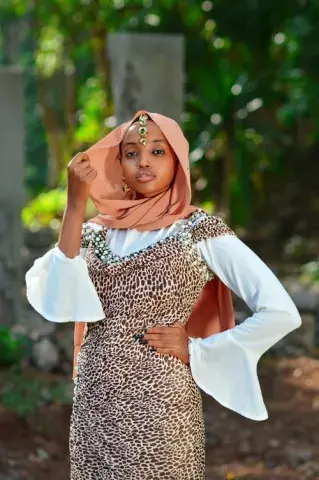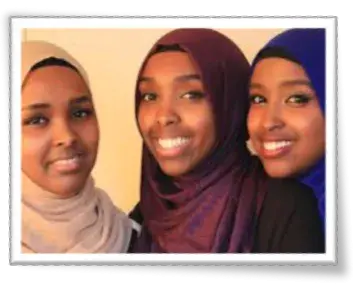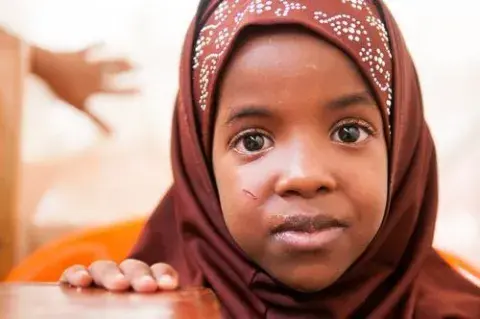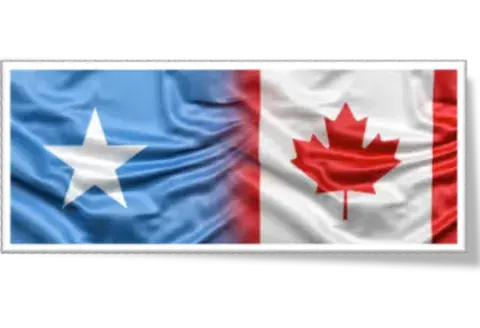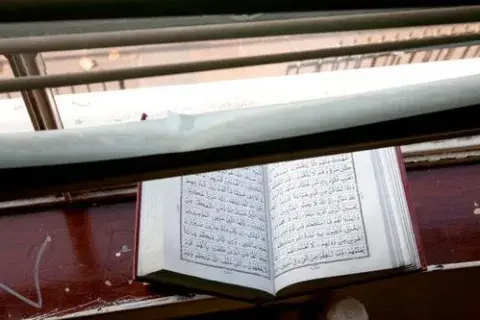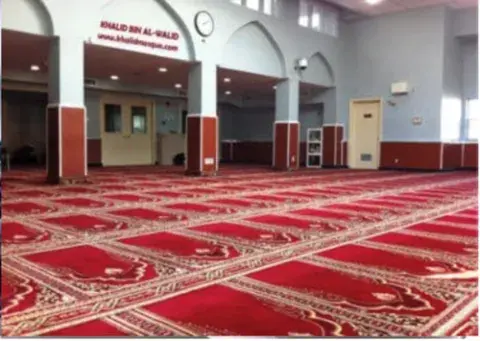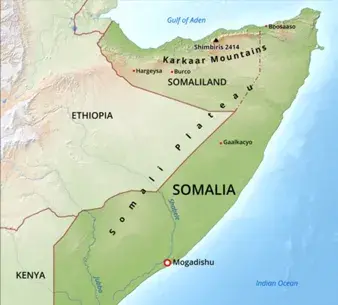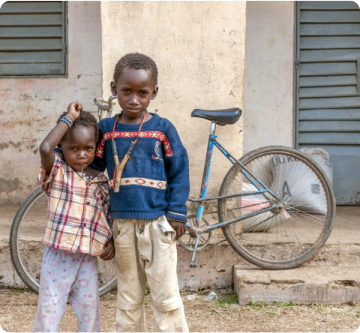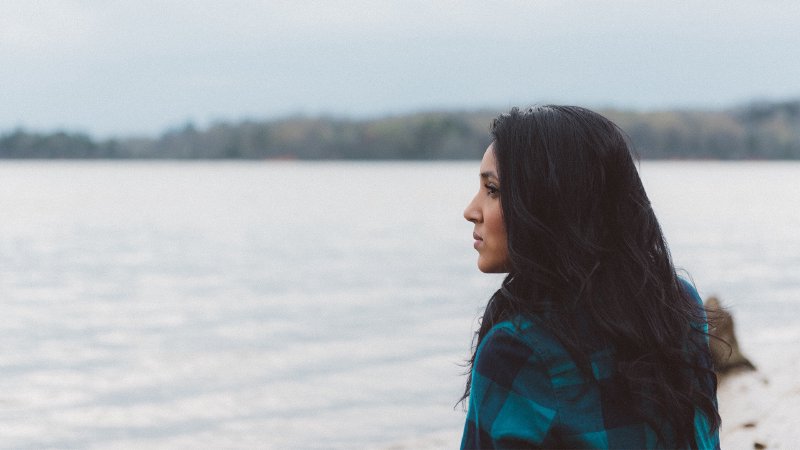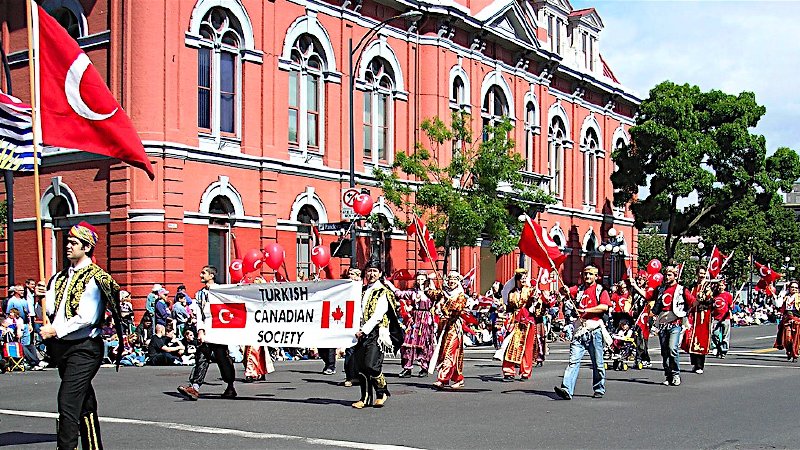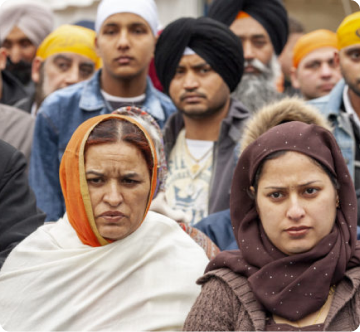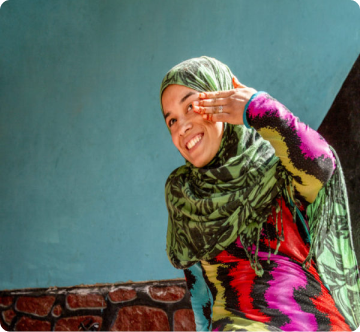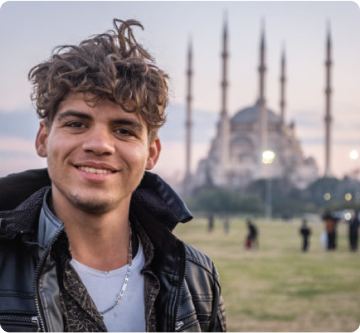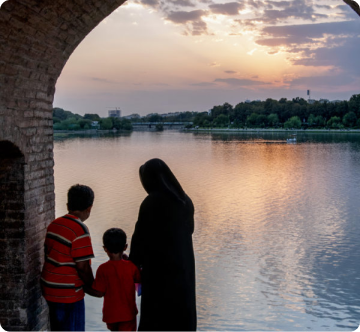Quick Facts
Place of Origin: Somalia is a sovereign country located in the Horn of Africa, bordered by Ethiopia, Djibouti and Kenya.
Population: 17.07 million (2021 estimate)
Primary Languages: Somali, Maay, and Baraawe, also known as Chiminii
Secondary Languages: Arabic, English (now the language of education)
Ethnic groups: Somali 85% , Bantu and Other 15%.
Religion: 99.6% of the residents of Somalia identify as Muslims, making it one of the most Muslim countries on the planet. Most are Sunni Muslim, though some mix with Traditional Animalistic practices
History: Somali Bantu were enslaved people descended from Mozambique, Tanzania and Malawi. This east African slave trade was not eliminated until the 20th Century. Somalis and Somali Bantu share language and religion but are culturally distinct and don’t always associate with each other. Somali Independence Day is the same day as Canada Day. The Somali People's Association of British Columbia has hosted a joint celebration in Surrey.
What are Somalis' lives like?
- Somalis can be extremely proud of their heritage, but they often struggle with a sense of shame over what has happened in their country over the past 30 years even until now.
- A sense of overall community is very important to Somalis, especially women, and they tend to isolate themselves from non-Somalis. However, once they become friends with you, they are very warm and hospitable.
- Poor language fluency and a lack of Canadian work experience makes it difficult to secure meaningful employment. Those who do work are often in low-income positions. Community leaders estimate unemployment at around 30-40%, although census data indicates a lower number.
- Crime is on the rise among Somali youth. Because of high unemployment and low-income jobs, the drug trade is very enticing. Many Somalis end up involved in gangs. A lot of secondary migration, mostly Toronto to Vancouver/Surrey, is tied to drug and gang activity.
- There are two main Somali societies in BC. The Somali Canadian Society of British Columbia promotes the empowerment of Somali youth, families, and communities through a holistic approach to services that include education, community engagement, and mentorship. The Somali People's Association of British Columbia, is a non-profit organization for the purpose of uniting and advocating for the rights of Somalis and all People of Colour.
- Muslim Food Bank and Community Services have Somali speaking caseworkers for settlement support for newcomers.
- Simon Fraser University hosts a Somali Students Association, a branch of their Students of Caribbean and African Ancestry (SOCA)
- Victoria councilor Sharmarke Dubow is the first Black person on city council there in over 150 years. He fled the war in Somalia at the age of eight and spent 20 years as a refugee in Kenya, Ethiopia and Egypt before being welcomed into Canada in 2012. He was elected as a city councilor in 2018, the same year he was allowed to vote. In 2022 he was included in a cohort of black 'noteworthy historical figure' by Canadian Heritage.
- Many Somali-Canadians have returned to their countries of origin to participate in entrepreneurial activities. They have also helped in the renovation of schools, hospitals, roads and other infrastructure. They have played a leading role in their capital's recovery and have also helped propel the local real estate market.
Somalis' Story in Canada
While the earliest Somali migration for education occurred in the late 1970s, most Somalis arrived in Canada between the late 1980s and early 1990s as refugees from Somalia, fleeing persecution in their homeland during Siad Barre's military rule (1980-1990). There was some secondary migration from the United States. Current immigration is limited.
According to Statistics Canada, there are 150,000 persons of Somali origins spread across Canada, with Toronto and Edmonton being the largest enclaves.
Officially, Metro Vancouver is home to around 2,100 Somalis, however some experts estimate the numbers may be closer to 5,000. This discrepancy may be a result of Somali refugee migration from neighbouring countries such as Kenya, Ethiopia, Djibouti and Somaliland. Some may not identify as Somali to distance themselves from the current government.
What do Somalis believe?
- 99% of Somalis are followers of Sunni Islam with a very small portion embracing Sufism, however there is great diversity of religious belief and practice. It is estimated that up to 73 distinct schools or expressions of Islam, including Sunni and Sufi, are found the Somali population.
- Some Somalis, especially Bantus, practice an Islam mixed with traditional animistic practices. This means that they will go to great lengths and expense to be delivered from evil spirits.
- Al-Iman Islamic Center in Surrey holds prayers and hosts cultural events in Somali.
- Only 0.03% of the Somali population worldwide openly confess Jesus as Lord.
- To our knowledge there is no indigenous Somali church in Metro Vancouver
Gallery
